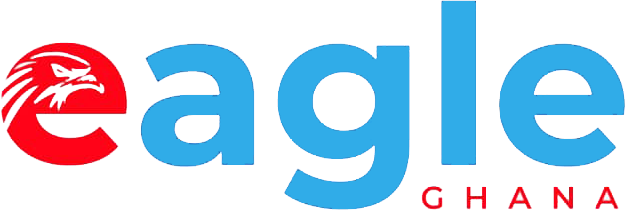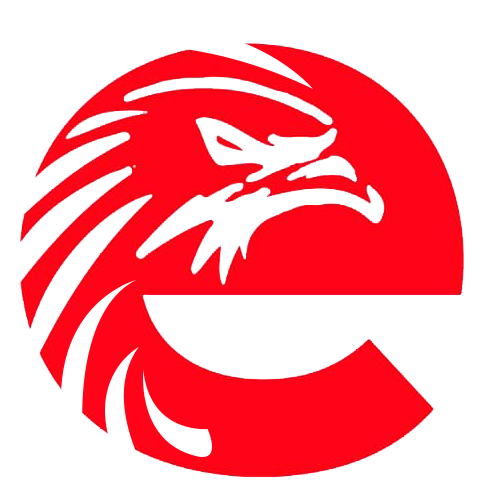Hold Duty Bearers Accountable For Their Stewardship- Journalists Told
African media have been urged to hold duty bearers accountable for their actions and inaction to promote good governance and uphold democratic principles on the continent rather than merely limiting themselves to telling stories.
“It is about nurturing, informing society and holding power to account; it is about shaping the future, about seeking balance, the safety of journalists and having access to information,” the Director of the UNESCO Liaison Office to the African Union (AU), Dr Rita Bissoonauth, said.
Dr Bissoonauth made the call at the opening of the third edition of the African Media Convention in Accra yesterday. She urged journalists to seek balance and thrive on the beacon of democracy and truth in the line of duty, explaining that the role of the media extended beyond reporting news.
Dr Bissoonauth added that the umbrella under which journalists operated was undergoing rapid transformation, and needed a balance between advanced technology and the foundation of a democratic society.
“We need to look at how the African media can contribute to development while upholding the principles of independence, diversity and integrity,” she said.
African story
The Minister of Information designate, Fatimatu Abubakar, who welcomed guests from across the continent to the event, said the government was excited to host the convention, stressing that it was time for African journalists to tell the African story.
Convention
The annual African Media Convention is a collaborative effort supported by African media stakeholders to reflect on the fundamental role of journalism on the continent. It also celebrates the fundamental principles of press freedom and deliberates on measures to safeguard media freedoms, and to promote access to information, the safety of journalists and media viability in AU member states.
The three-day event, which ends tomorrow, has the theme: “Enhancing freedom, innovation and environmental sustainability in a dynamic media landscape”. It has brought together representatives from the AU, policymakers, heads of state institutions, media practitioners and students, among others.
It will be climaxed with a jamboree tour to Ghana’s scenic sites such as the Osu Castle, the Black Star Square, the Kwame Nkrumah Mausoleum the National Museum, and a special dinner.
Building capacity
The President of the Ghana Journalists Association (GJA), Albert Kwabena Dwumfour, said: “The event is a game-changer; we are building capacity with this step, promoting media literacy for effective functioning of the media as a contributor to strengthening democracy and human rights”.
“The media industry needs to ensure that the principles of inclusivity, equality, among others, are fully integrated into policies,” he added. Mr Dwumfour said the convention was expecting about 20 ministers of state to join the three-day event.
“We are also expecting ministers of state, Members of Parliament, captains of industry and persons from academia to also come solidarise with us as we brainstorm the challenges, opportunities and the gap within the media fraternity,” Mr Dwumfour said.
Discussion
Activities on the opening day included discussions on finding new models for media financing, exploring new approaches to media economic resilience where solutions such as the use of social media, collaboration, partnerships and the use of freelancers were suggested.
There was also a discussion on promoting improved media freedom on the continent. One panel discussion concluded that access to information and safety of journalists in Africa should be at the centre of the media freedom agenda.
Another suggested that journalists should be paid well and given incentives in order for them to go the extra mile and chase transformative stories. Journalists were also advised to add value to themselves and to broaden their horizon.
Background
The African Media Convention was conceived in 2021 by the East African Editors Forum, the UNESCO Liaison Office to the AU, the United Nations Economic Commission for Africa, and the UNESCO National Office in Dar es Salaam.
It emerged out of a growing need to engage with all the African media stakeholders in addressing the unique challenges and opportunities facing media in the digital age. The convention has emerged as a pivotal forum for advancing media freedom, innovation and sustainability across the African continent.
With a rich history rooted in safeguarding press freedom and journalistic integrity, the convention has evolved into a beacon of collaboration and capacity-building, rotating across African countries to address evolving challenges and opportunities in the digital era.
graphiconline



No Comment! Be the first one.